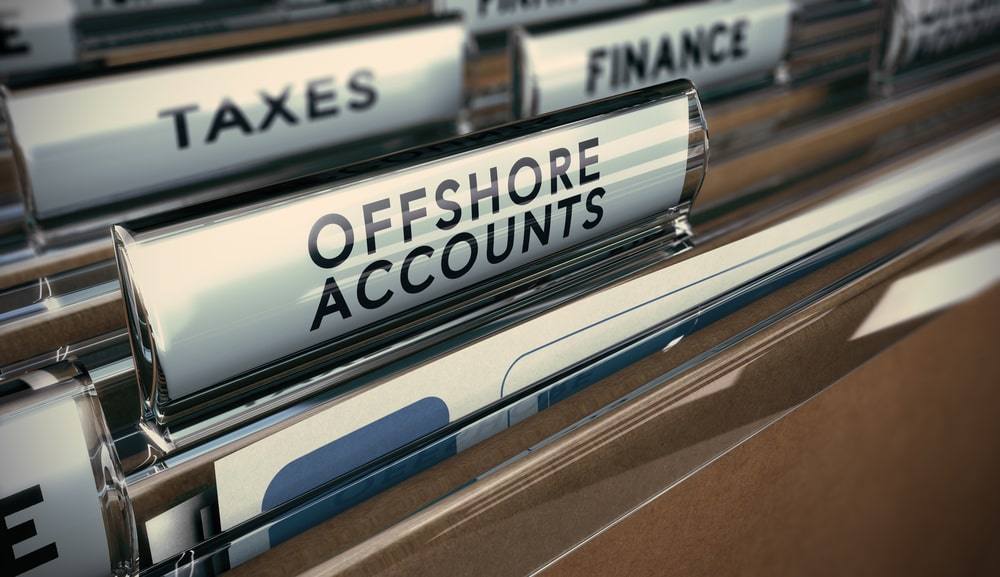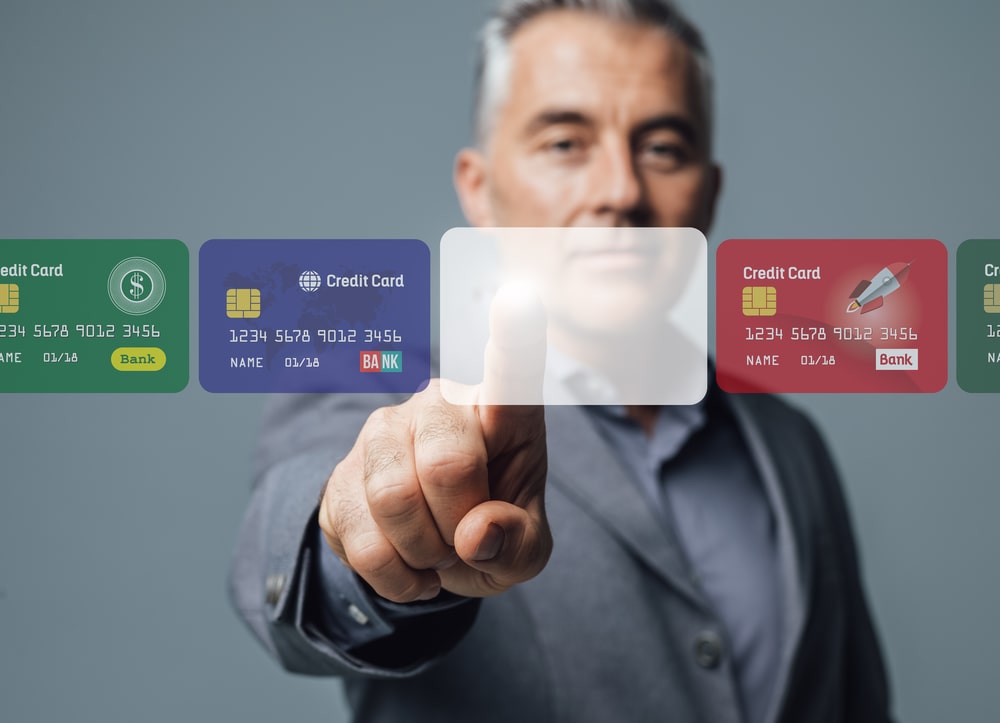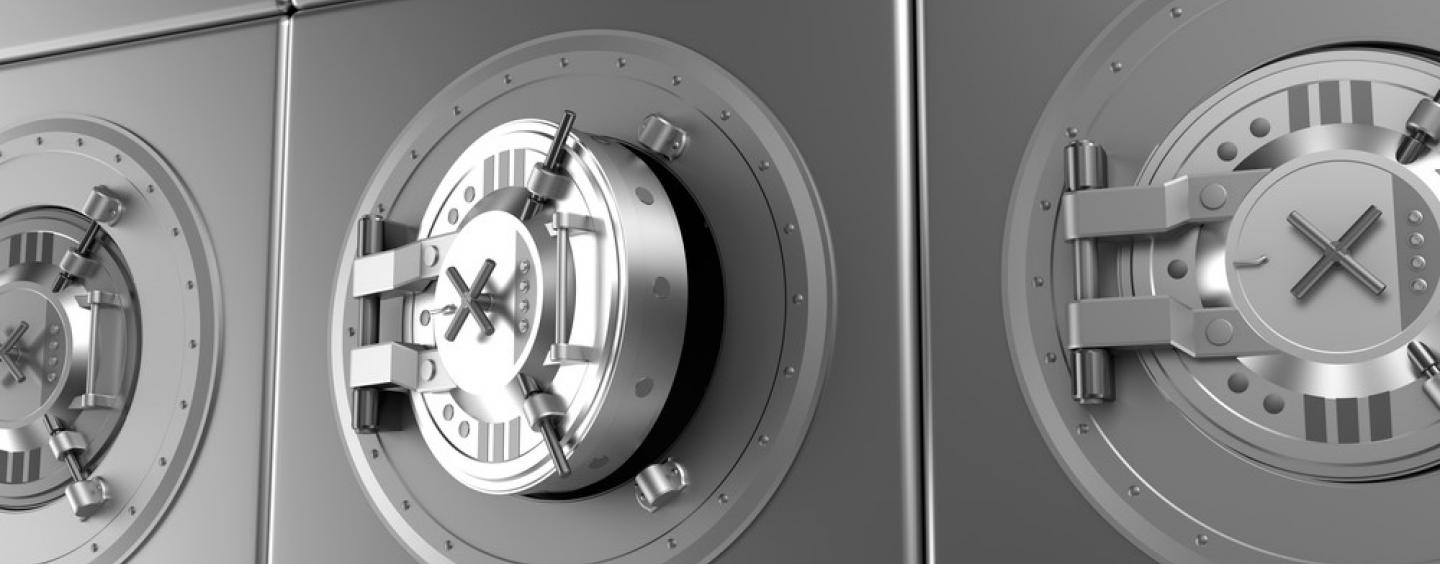How to open a numbered account
Numbered bank accounts are designed to provide clients with a degree of privacy by replacing their name with a numerical code. While these accounts add another layer of banking secrecy, they can no longer be considered completely anonymous accounts due to global regulations aimed at combating financial crime. Below, we outline the processes for opening a numbered account in Switzerland, Singapore, and other jurisdictions. But first, let’s talk about the basics of numbered bank accounts and other payment options that provide limited anonymity.
What is a numbered account?
A numbered bank account is a type of bank account that offers enhanced privacy by replacing the account holder’s name with a numerical or alphanumerical code. While this provides a layer of discretion, it does not equate to full anonymity. Banks still retain records of the account owner’s identity. The client's personal information can be disclosed under certain legal conditions.

Key Features:
- Account names are replaced with numbers or codes
- Limited access to client identity within the bank (restricted to a few authorized bank employees)
- Stricter requirements for opening, including higher deposits and enhanced vetting procedures
Despite these privacy features, international regulations, such as the Automatic Exchange of Information (AEOI), have reduced the secrecy once associated with such numbered accounts.
Anonymous banking, numbered bank accounts, and offshore banking are often associated with one another, as they can sometimes be used for purposes like tax evasion or money laundering. However, these terms do not mean the same thing. As mentioned earlier, a numbered bank account is no longer synonymous with an anonymous bank account.
Offshore banking, on the other hand, simply refers to holding a bank account in a country other than the account holder’s own. For instance, someone who is not a citizen of the United States holding a U.S. bank account.
The Cayman Islands, a British Overseas Territory, is renowned as a leading offshore banking center, offering financial privacy, tax efficiency, and access to global markets. They attract individuals and businesses seeking tax-neutral solutions.
People open foreign accounts not only for financial privacy or tax efficiency. An international student or expat residing in the Netherlands or Finland can open a Dutch bank account or a Finnish bank account in that country for their day-to-day transactions.
Is a numbered account an anonymous bank account?
No, a numbered account is not truly anonymous. Although the account holder’s name is concealed within internal bank systems, the following facts limit its anonymity:
- Identity Retention: Banks maintain a record of the account owner’s name, which is available to authorities upon request.
- Regulatory Compliance: Due to international regulations like AEOI, banks in countries offering numbered accounts must disclose ownership details to tax authorities under specific conditions.
- Due Diligence: Stringent "Know Your Customer" (KYC) and "Anti-Money Laundering" (AML) checks are performed during new account setup.
In summary, numbered accounts offer privacy but do not provide complete anonymity. They are better described as discreet rather than anonymous accounts.
Is it possible to open an anonymous bank account?
In today’s regulatory environment, it is nearly impossible to open a fully anonymous bank account due to:
- International Transparency Laws: Global agreements like the OECD’s AEOI require financial institutions to report account ownership to tax authorities.
- National Regulations: Most jurisdictions enforce stringent KYC and AML policies, making anonymous banking impractical.
However, some prepaid and virtual banking solutions provide limited anonymity. These include non-reloadable prepaid debit cards or cryptocurrency accounts, but even these are subject to increasing scrutiny.

What are anonymous credit cards and untraceable money transfers?
Anonymous Credit Cards
True anonymous credit cards do not exist, but some options offer limited privacy:
- Prepaid Debit Cards: Non-reloadable prepaid cards purchased with cash provide a layer of anonymity. However, reloadable cards typically require identity verification.
- Virtual Credit Cards: These shield your primary card details during online transactions but are linked to your financial accounts, so they are not anonymous. This post explains what you should be careful with using a virtual credit card.
Untraceable Money Transfers
Several methods can provide some level of privacy:
- Cryptocurrencies: Offer partial anonymity, but transactions on public blockchains like Bitcoin’s are traceable with sufficient analysis.
- Cash Payments: The only truly untraceable payment method when used directly.
- Prepaid Gift Cards: Bought with cash, these can be used anonymously for certain transactions.
For offline and online transactions:
- Prepaid debit cards – a card that comes with a prepaid amount of money on it, which can be used for transactions online and offline; only prepaid cards which cannot be topped-up offer you a relatively high level of anonymity, as transactions you will conduct with them will not require your identification.
- Disposable (Virtual/Masked) credit cards, already covered in this article. This is probably the closest one gets to having an anonymous credit card.
- Prepaid gift cards – the only really anonymous option available, yet not applicable to all kinds of services and goods.
- Paying by cash – is indeed the most anonymous payment method out there.
How to open a numbered bank account in Switzerland
Swiss numbered bank accounts are renowned for their discretion but are subject to strict regulations. While Swiss banking secrecy has been relaxed for tax matters under AEOI since 2017 for over 100 countries, it still applies in other areas of privacy.
When opening a numbered bank account, Swiss banks must comply with all Know Your Customer (KYC) requirements, which include verifying your identity and collecting necessary documentation, such as a passport or social security number if applicable. Numbered accounts in Switzerland are subject to the same strict due diligence, regulatory compliance, and anti-money-laundering (AML) obligations as standard checking accounts, savings accounts, and offshore accounts.
As with all Swiss bank accounts, banks are obligated to report suspicious activities to the relevant Swiss authorities. If you reside in a country that has a tax information exchange agreement with Switzerland, your identity and tax-related information must be shared with the tax authorities of your country of residence. Furthermore, Swiss banks are required to determine the ultimate beneficial owner (UBO) of a numbered account, ensuring transparency and compliance with international regulations.
Historically, it was possible to make international transfers from Swiss numbered accounts using only the account number, without disclosing the account holder’s identity. This practice has been discontinued. Today, any transfer to a foreign bank requires the Swiss bank to disclose your identity. Additionally, your explicit consent is needed before processing any transaction that involves sharing your personal information with a third party.
Bank statements and other communications can either be held at the bank for personal collection, sent to a designated post office box, or delivered to a third party such as a lawyer authorized through a power of attorney. This approach helps safeguard your financial information from unauthorized access.
Steps to Open a Swiss Numbered Account:
- Initial Deposit: Be prepared for a high minimum deposit, often hundreds of thousands of dollars.
- Documentation: Provide identification, proof of income, and documentation of the source of funds.
- Background Check: Your personal details will be checked against global databases to ensure compliance with AML and KYC laws.
- Account Setup: Upon approval, your Swiss bank account will be assigned a unique account number or code to replace your name within the bank’s internal systems.
Important Notes:
Swiss banks adhere to the Automatic Exchange of Information (AEOI), meaning account ownership may be reported to foreign tax authorities under certain circumstances.
Avoid international transactions if privacy is a concern, as these trigger additional scrutiny.
How to open a numbered account in Singapore
Singapore’s banking sector has historically offered offshore and discreet banking options. However, regulations have tightened in recent years.
Steps to Open an Account:
Eligibility: Be prepared to show that you meet the bank’s minimum financial thresholds, which can include a significant initial deposit.
Required Documentation to Open a Bank Account in Singapore:
- Proof of identity.
- Evidence of income and legitimate sources of wealth.
- Compliance with AML and KYC checks.
Application Process: Submit your application to the bank, which may involve an in-person visit and interviews.
Key Considerations:
- Singapore complies with global transparency initiatives, so numbered accounts are not anonymous.
- Account holders must adhere to local and international laws, including tax reporting requirements.
Virtual bank account
For people seeking lower fees and simpler international transfers, virtual bank accounts offer an alternative to traditional banking systems..
Advantages:
- Lower Fees: Virtual accounts often bypass traditional banking systems, reducing fees for international money transfers.
- European IBAN Access: Some providers, like Narvi, offers more cost-effective instant SEPA and global SWIFT payments for your business.
- Efficiency: Faster processing times compared to conventional bank transfers.
Example:
A user sending $10,000 to a recipient in India might lose up to $1,000 in fees with traditional banks, whereas virtual accounts can reduce this cost significantly.
Limitations:
Virtual bank accounts are not anonymous, as they require identity verification and adhere to the same regulatory frameworks as traditional banking.
Cryptocurrencies
Cryptocurrencies are often considered a modern alternative to numbered accounts and other traditional financial tools. While they offer certain privacy benefits, their perceived anonymity is increasingly undermined by regulations and blockchain analysis technologies.
How They Work:
Cryptocurrencies like Bitcoin use cryptographic technology to create decentralized digital transactions, bypassing traditional banking systems. Transactions are recorded on public ledgers (blockchains), which ensure transparency but can also be analyzed to trace activity..
Advantages:
- Decentralized: No reliance on central banks or financial institutions.
- Lower Fees: Eliminates intermediaries, reducing costs.
- Access: Provides financial services to individuals without access to traditional banking.
Disadvantages:
- Traceability: Transactions, while pseudonymous, are recorded on public ledgers and can often be traced back to individuals using blockchain analysis tools.
- Regulation: Many governments now require crypto exchanges to verify users’ identities.
- Risks: Cryptocurrencies are associated with potential misuse, including fraud and illicit activities.
Who Benefits?
Cryptocurrencies are ideal for people who value decentralized ownership and financial independence. Crypto is a tool for investment or a way to escape fiat money. However, their use requires careful consideration of legal and regulatory implications.
For Those Seeking Anonymous Transactions
Achieving anonymity in today’s financial world is increasingly challenging. Here are some options and their effectiveness:
Online Options for Money Transfers
- Cryptocurrencies: Provide limited anonymity due to public transaction records and growing regulatory oversight.
- Services like Paysafecard: Semi-anonymous prepaid vouchers that can be purchased with cash for small online transactions.
- Google Pay and Apple Pay: Offer convenience but are not anonymous as they are tied to personal accounts.
Offline and Mixed Options
- Prepaid Gift Cards: The most anonymous method, particularly when purchased with cash, but limited to certain retailers and services.
- Non-reloadable Prepaid Debit Cards: Provide a degree of privacy but are subject to regulation in many jurisdictions.
- Cash: Remains the only truly anonymous payment method for offline transactions.
So, is it still possible to open a truly anonymous numbered bank account?
The short answer is ‘No’. True financial anonymity is increasingly rare due to international efforts to combat fraud, tax evasion, and money laundering. Numbered bank accounts, cryptocurrencies, and alternative payment methods can offer varying degrees of privacy but are rarely untraceable.
For people exploring these options, understanding the limitations and legal implications is essential. Always ensure compliance with local and international laws to avoid unintended consequences.
Originally published June 21, 2017. Updated January 15, 2024
Disclaimer
B2Bpay.co does not provide tax, investment, legal or accounting advice. The material on this page has been prepared for informational purposes only. It should not be relied on for financial or legal advice. You should consult your own tax, legal, and accounting advisors before engaging in any transaction.
